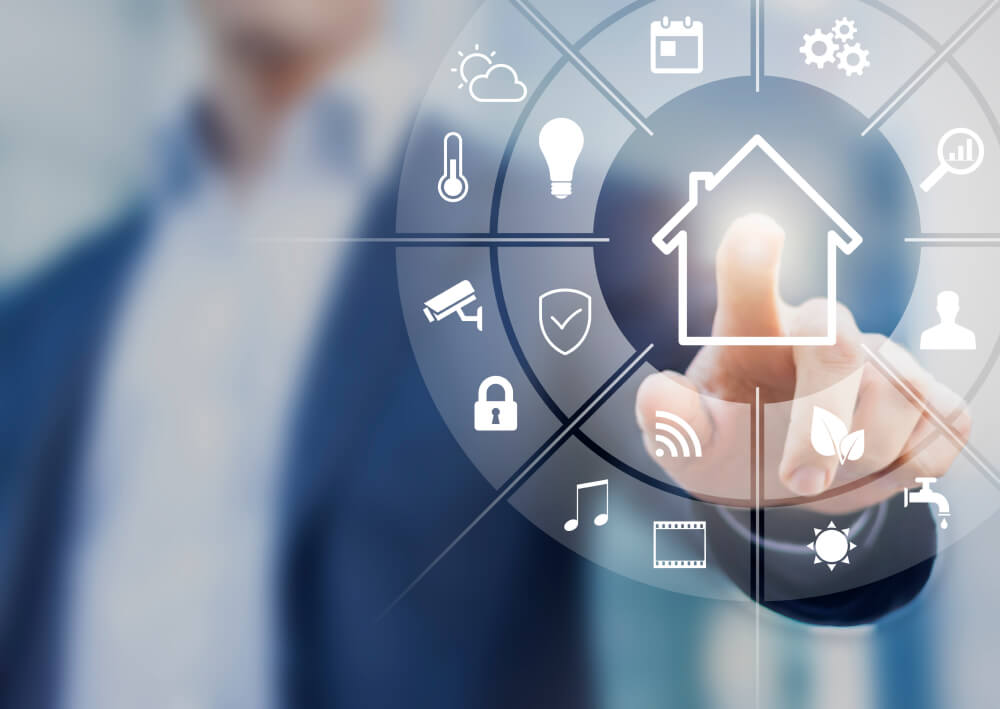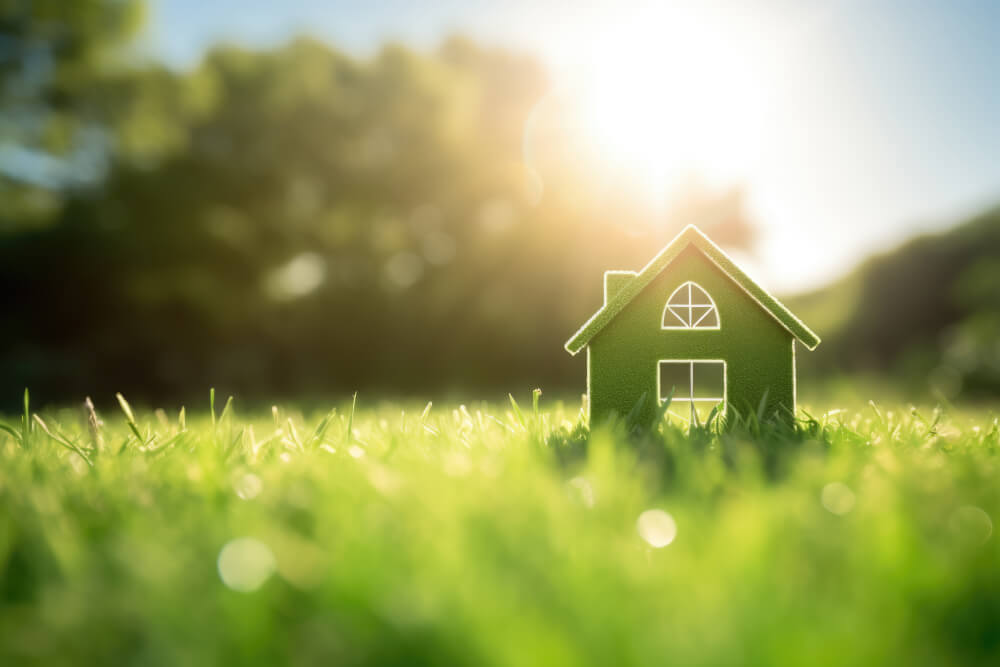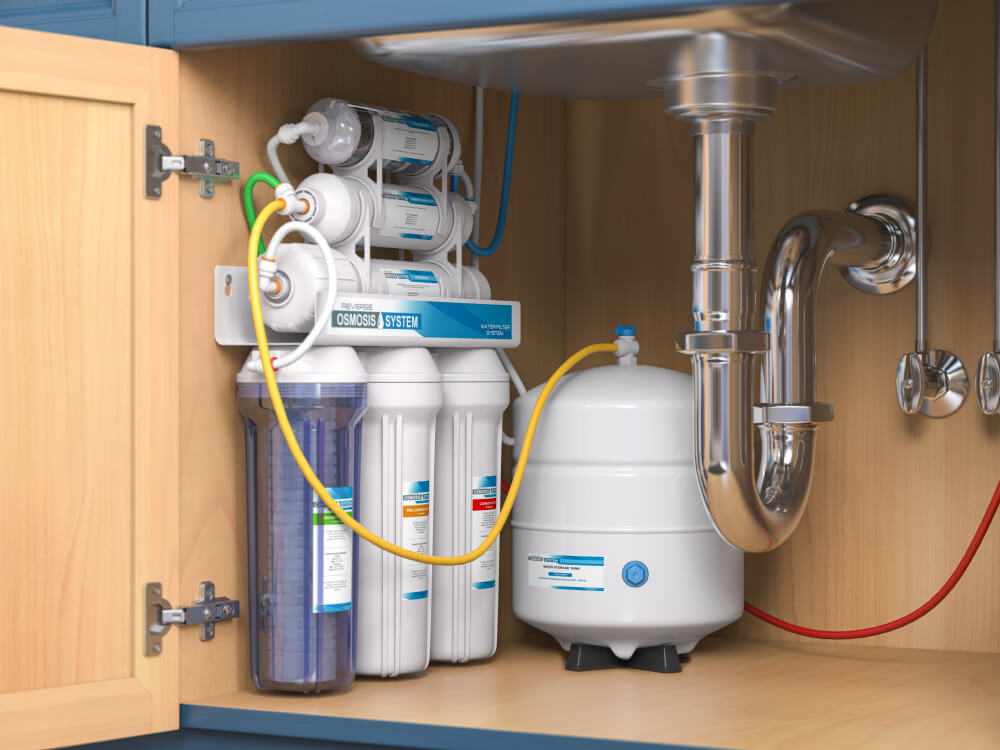1. Enhanced Home Automation Systems
Overview: Home automation systems have become more sophisticated, allowing for seamless integration and control of various smart devices throughout the home. These systems can be controlled via voice commands, smartphones, or automated schedules.
Key Features:
- Unified Platforms: Integration of multiple smart devices into a single platform for easy management.
- Voice Control: Enhanced compatibility with voice assistants like Amazon Alexa, Google Assistant, and Apple Siri.
- Automation Routines: Customizable automation routines that adjust lighting, climate, and security settings based on time of day or occupancy.
Benefits:
- Convenience: Simplifies the management of home systems and devices.
- Efficiency: Automation routines can optimize energy use and enhance comfort.
- Personalization: Tailors home settings to individual preferences and routines.
2. Advanced Home Security Systems
Overview: Smart home security systems have seen significant advancements, providing homeowners with more comprehensive and user-friendly options to protect their homes.
Key Features:
- Smart Cameras: High-definition cameras with AI-powered motion detection and facial recognition capabilities.
- Smart Locks: Keyless entry systems that can be controlled remotely via smartphone.
- Integrated Alarm Systems: Systems that combine cameras, sensors, and alarms into a cohesive security network.
Benefits:
- Enhanced Security: Real-time monitoring and alerts provide peace of mind.
- Remote Access: Monitor and control security systems from anywhere using a smartphone.
- Automation: Integrates with other smart devices to trigger actions, such as turning on lights when motion is detected.
Join HICP Homeowner’s Alliance
Connect with experts, get special discounts and enjoy member benefits
3. Energy Management and Sustainability
Overview: Smart home technology is playing a crucial role in energy management and sustainability, helping homeowners reduce their energy consumption and environmental impact.
Key Features:
- Smart Thermostats: Devices like the Nest Learning Thermostat that optimize heating and cooling based on occupancy and preferences.
- Energy Monitoring Systems: Tools that track energy usage in real-time and provide insights to improve efficiency.
- Smart Lighting: LED lighting systems that can be scheduled, dimmed, or color-adjusted to save energy and enhance ambiance.
Benefits:
- Cost Savings: Reduces energy bills through optimized energy use.
- Environmental Impact: Lowers the home’s carbon footprint by reducing energy consumption.
- Convenience: Automates energy management for improved comfort and efficiency.
4. Smart Kitchen Appliances
Overview: The kitchen is becoming a central hub for smart home technology, with a range of appliances that offer convenience, efficiency, and connectivity.
Key Features:
- Smart Refrigerators: Equipped with touchscreens, cameras, and inventory management systems to help with meal planning and grocery shopping.
- Smart Ovens and Cooktops: Appliances that can be controlled remotely, with features like pre-programmed cooking settings and voice control.
- Connected Small Appliances: Devices such as coffee makers, slow cookers, and dishwashers that can be controlled via smartphone apps.
Benefits:
- Convenience: Streamlines meal preparation and kitchen management.
- Efficiency: Helps reduce food waste and energy consumption.
- Integration: Connects with other smart home devices for seamless operation.
5. Health and Wellness Technology
Overview: Smart home technology is increasingly focusing on health and wellness, offering devices that monitor and improve indoor air quality, sleep, and overall well-being.
Key Features:
- Air Quality Monitors: Devices that track pollutants, humidity, and temperature to maintain a healthy indoor environment.
- Smart Beds and Mattresses: Products that monitor sleep patterns and adjust firmness and temperature for optimal rest.
- Water Filtration Systems: Smart systems that ensure clean, safe drinking water and provide real-time usage data.
Benefits:
- Healthier Living Environment: Improves indoor air and water quality.
- Enhanced Sleep Quality: Smart beds and mattresses provide personalized sleep settings.
- Wellness Insights: Monitors and provides feedback on environmental factors affecting health.
6. Home Entertainment Systems
Overview: Smart home entertainment systems are becoming more immersive and integrated, offering high-quality audio and visual experiences that can be controlled with ease.
Key Features:
- Smart TVs: Devices with built-in streaming services, voice control, and smart home integration.
- Multi-Room Audio Systems: Wireless speakers that provide synchronized audio throughout the home.
- VR and AR Integration: Virtual and augmented reality devices that offer interactive and immersive entertainment experiences.
Benefits:
- Enhanced Viewing Experience: High-definition displays and surround sound for a cinematic experience at home.
- Convenience: Control entertainment systems with voice commands or smartphone apps.
- Personalization: Customize entertainment settings and content preferences.
7. Improved Connectivity and Networking
Overview: Reliable and fast internet connectivity is the backbone of any smart home. Advances in networking technology are ensuring that smart homes remain connected and efficient.
Key Features:
- Mesh Wi-Fi Systems: Provides consistent and robust internet coverage throughout the home.
- 5G Integration: Faster and more reliable internet speeds to support multiple connected devices.
- Smart Hubs and Routers: Devices that manage and optimize the performance of all connected smart home devices.
Benefits:
- Seamless Connectivity: Ensures that all smart devices operate smoothly and efficiently.
- Enhanced Performance: Supports high-bandwidth applications and multiple devices simultaneously.
- Ease of Use: Simplifies network management and device integration.
The growing trend of smart homes continues to revolutionize the way we live, offering unparalleled convenience, security, and efficiency. The latest developments in smart home technology for 2024 include enhanced automation systems, advanced security solutions, energy management tools, smart kitchen appliances, health and wellness devices, improved entertainment systems, and better connectivity.
Homeowners looking to upgrade their living spaces should consider integrating these smart technologies to create a more comfortable, efficient, and sustainable home environment. As technology advances, the possibilities for smart homes will only continue to expand, making now the perfect time to embrace these innovations.




















